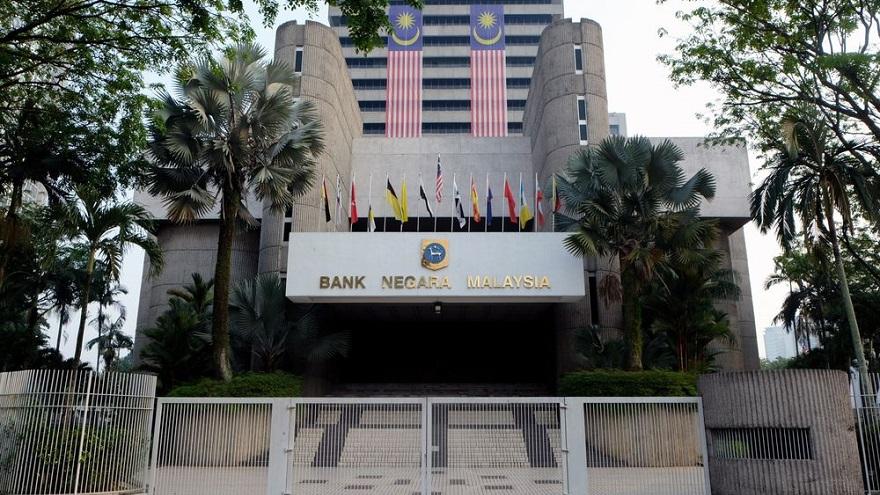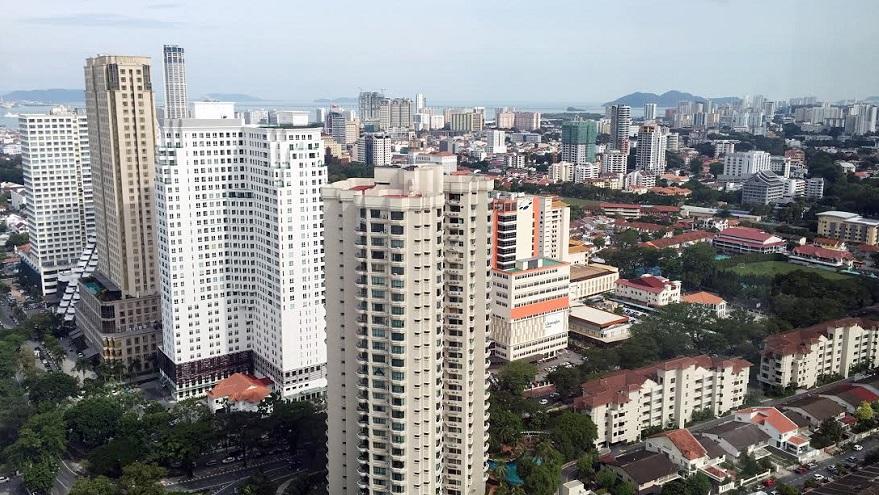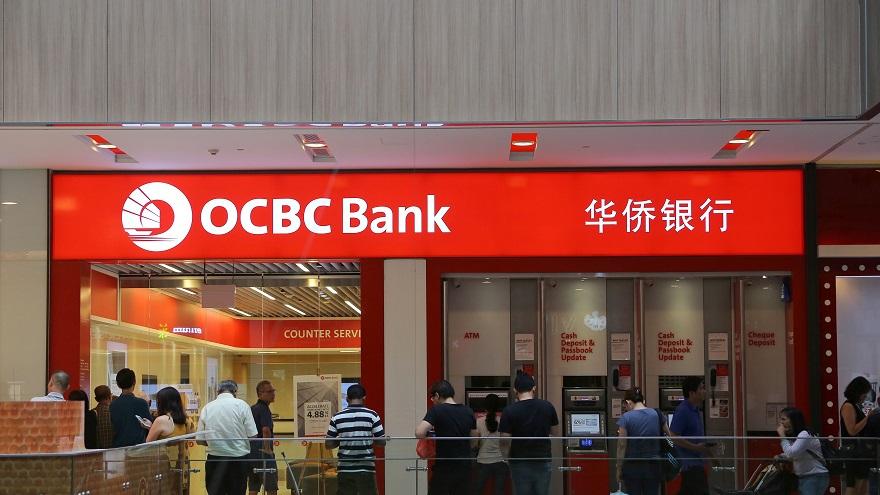Malaysia's economy remains sound and Bank Negara Malaysia (BNM) is unlikely to further reduce the overnight policy rate (OPR) this year, says HSBC Private Banking.
Southeast Asia Chief Market Strategist James Cheo also believed BNM would keep the current OPR on hold and assess the situation next year for any further adjustment.
"After BNM took the pre-emptive move to cut the OPR by 25 basis points to 3% in May this year, it raised fears in the market that the central bank would continue to cut the rate."
"But, Malaysia's economy is more resilient than what people think, and there is no real need for the central bank to further cut the rate by year-end."
"We estimated the ringgit to reach 4.30-level against the US dollar by end-2019," he told a media briefing on HSBC's investment outlook for the second half 2019.
According to Cheo, HSBC expected Malaysia's gross domestic product (GDP) to grow 4.5% for 2019 and 4.3% in 2020, mainly driven by strong private consumption and a diversified export base comprises commodity, oil and gas, as well as electrical and electronic.
"The consumption growth is extremely strong in Malaysia, which is expected to expand up to six per cent this year, mainly due to the strong labour market and steady wage growth," he said.
Cheo also expected investment activity to pick up from year-end, in line with the government's plan to speed up public infrastructure projects such as the East Coast Rail Link, which would further boost investors confidence in the private sector.
According to BNM Quarterly Bulletin released last month, private investment growth slowed to 0.4% in the first quarter of this year from 5.8% in the fourth quarter of 2018, as investment activity was affected by heightened uncertainty surrounding global trade negotiations and prevailing weaknesses in the broad property segment.
Meanwhile, managing director and Asia chief market strategist Cheuk Wan Fan believed Malaysia would be among Southeast Asian countries to benefit from businesses supply chain relocation from China due to trade tension with the United States.
"Southeast Asian countries like Vietnam, Thailand and Malaysia would benefit from the potential supply chain relocation as we anticipate corporates to respond to the trade uncertainty," she said.
However, she added that the supply chain adjustment would take place gradually instead of in a drastic manner as companies needed time to adjust investment plans or capital expenditure.
On Malaysia's equity portfolio, Cheuk said HSBC remained cautious on the local market due to its expensive valuation as compared with its cheaper regional peers.
"The earnings growth forecast for Malaysian equity market still remains at a single digit, lagging behind other higher growth equity markets that we favour such as China, which we have a mild overweight allocation with a projected 15% earnings growth."
"Malaysia's valuation premium versus the regional average will cap the upside potential of the local equity market," she said, adding that the bank targeted the benchmark FTSE Bursa Malaysia KLCI (FBM KLCI) to hit 1,740-level at year-end.
_PH_Banner_(Desktop)(1200x180px).png)
.jpeg)
.jpg)







.jpg)
.jpeg)
